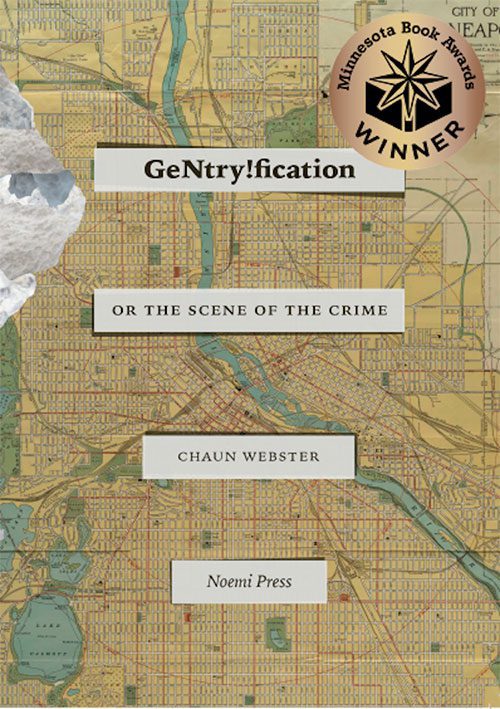Solidarities & Commitments
Noemi Press is committed to liberation, justice, and freedom of expression. We understand that there remains work to do both inside publishing and beyond. To that end, we remain in solidarity with communities, both locally and globally, in the collective struggle for a free and equitable world.
Black Lives Matter
Noemi Press stands firmly with Black Lives Matter to oppose racism, anti-blackness, and white supremacy, from microaggressions to the systematic oppressions that are killing Black people across America. Editors have donated to antiracist organizations and bail funds, and we will continue to do so. After working closely with Noemi poet Chaun Webster, we will also be offering anyone who donates $25 or more to the following organizations a free PDF of Chaun’s debut collection. To receive the free pdf of the collection, email your donation receipt to sales@noemipress.org.
Organizations to support
Free Palestine
Noemi Press condemns the current and ongoing genocide of the Palestinian people by the state of Israel. As an organization, we have signed on to the Palestinian Campaign for the Academic and Cultural Boycott of Israel (PACBI) and editors have signed on individually to Writers Against the War on Gaza (WAWOG). Editors have also donated to organizations that help provide food, shelter, medical care, travel expenses, and more to Palestinians currently affected by war.
Organizations to support

About GeNtry!fication OR THE SCENE OF THE CRIME by Chaun Webster
Poet and graphic designer Chaun Webster draws from an interest in the work of sign in graffiti, the layering of collage, and the visuality of text. These methods are used in Webster’s work to investigate race – specifically the instability of blackness and black subjectivities, geography, memory, and the body. Correspondingly much of these investigations engage the question of absence, how to archive what is missing from the landscape particularly as a number of communities watch in real time, neighborhoods once populated with familiar presences, dissolve in the vernacular of redevelopment and its attendant colonial logic.
View Book